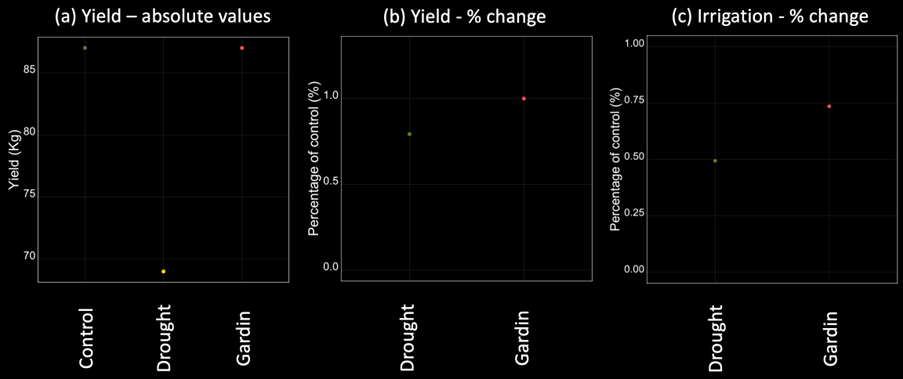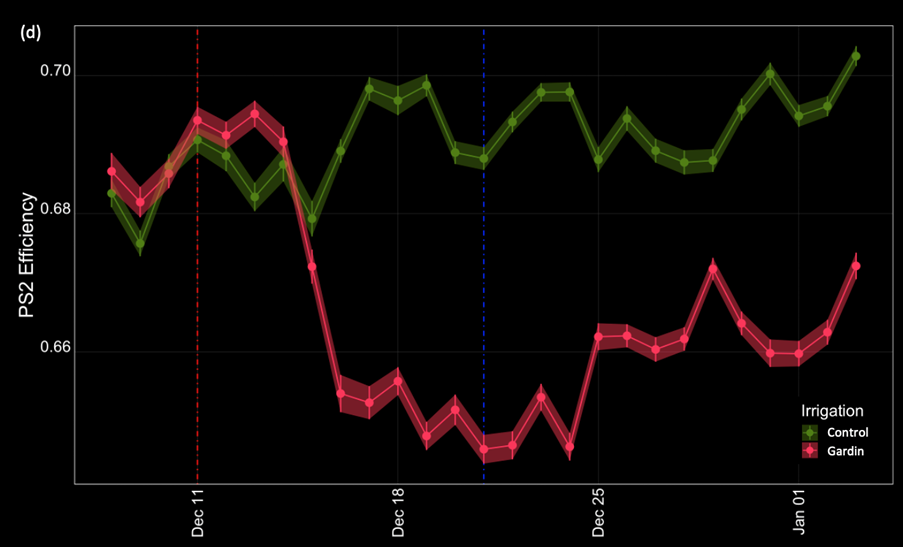
- Industry: Research
- Region: Europe
Precision Irrigation in Action: Bayer Leverages Gardin Pulse to Boost Yields
- 25%
water savings - 15%
yield gain - Smarter
strategies
Summary
- 25% water savings with optimised irrigation.
- 15% higher yield under drought compared to untreated crops.
- Real-time stress detection to guide smarter water use.
In Southern Europe, growers face increasing pressure to reduce water use as drought conditions become more severe. In the Iberian Peninsula, water reserves have fallen below 16% capacity, leading to tough restrictions for farmers. To help growers adapt, Bayer Crop Science partnered with Gardin to develop smarter irrigation strategies for greenhouse-grown crops such as peppers. Using Gardin's real-time plant monitoring, Bayer aimed to cut water use while protecting yields, helping growers maintain productivity even under drought conditions.
Gardin's photosynthesis data enabled early detection of drought stress within 24 hours, guiding proactive adjustments to irrigation. Bayer's optimised schedule used 25% less water than traditional controls while delivering the same yield as fully watered crops. Compared to untreated drought plots, yield was 15% higher. These results show how Gardin supports smarter irrigation decisions that save water without sacrificing performance.
Results & Discussion
Rising temperatures and droughts in the Iberian peninsula have caused tensions between farmers and authorities over water usage. Water reserves dropping below 16% capacity led to a 20% reduction in agricultural water use and a ban on irrigating public parks.
In response to these challenges, Bayer Crop Science acquired Gardin's advanced phenotyping technologies to optimize water management strategies while maintaining crop productivity in protected cultivation under plastic cover.
Research has extensively shown the suitability of PAM chlorophyll fluorescence for the early detection of abiotic stresses such as drought and heat across a wide range of crops. This makes the Gardin platform a valuable tool for assessing plant health and water stress levels directly in the farm. By integrating this technology in their practices, Bayer aimed to develop targeted irrigation strategies that optimise water usage without compromising crop yields.
The results were gathered across two harvests over a period of roughly 5 months. Yield data showed that the drought plots experienced a reduction of yields of roughly 25% as compared to well-watered controls. In contrast, the crop managed with optimised irrigation schedules maintained yields comparable to control plants.
During the trial well watered crops received roughly 2000l of water, as compared to only 1000l for the drought stressed plants (50% reduction). Excitingly, the optimised irrigation schedule only used 1490l of water, a reduction of 25% as compared to controls (See Figure 5)

Fig. 1 (a) Yield in the drought-stressed and Gardin treatment groups, expressed as percent of control; (c) Water used in the Drought-stressed and Gardin treatment groups, expressed as percent of control.

Fig. 2 Close up of plant response to drought as measured by the Gardin sensors. Dashed red line - moment drought stress was initiated; Blue dashed line - moment when Gardin recommendation on irrigation strategy was implemented. Controls maintained roughly stable performance throughout the observed period. Gardin treatment responded to interruption of irrigation within 7 days; photosynthetic performance recovered following intervention.
The insights produced by the Gardin platform are delivered to growers and researchers via a simple application accessible from anywhere on the web. The app, which reports data and alerts in real time, empowers users to monitor trials and the performance of their farms much more flexibly and proactively, ensuring that farm managers take the most timely action when it comes to responding to challenges such as environmental stress.
https://www.gardin.co.uk/news/improving-water-use-efficiency-in-pepper-cultivation
To start your journey towards understanding your plants better, please contact us to start the sales process.
RELATED CASE STUDIES

8% Increase in Strawberry Photosynthesis

5% Yield Increase from Plant Feedback
Should your case study be featured here?
Speak to our team to find out what Gardin Pulse will unlock for you.
Contact sales